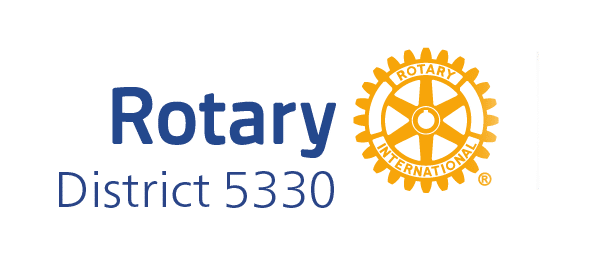OUR GUIDING PRINCIPLES
These principles have been developed over the years to provide Rotarians with a strong, common purpose and direction. They serve as a foundation for our relationships with each other and the action we take in the world.
MOTTOES OF ROTARY
Service Above Self and One Profits Most Who Serves Best, Rotary’s official mottoes, can be traced back to the early days of the organization.
In 1911, the second Rotary convention, in Portland, Oregon, USA, approved He Profits Most Who Serves Best as the Rotary motto. The wording was adapted from a speech that Rotarian Arthur Frederick Sheldon delivered to the first convention, held in Chicago the previous year. Sheldon declared that “only the science of right conduct toward others pays. Business is the science of human services. He profits most who serves his fellows best.”
The Portland gathering also inspired the motto Service Above Self. During an outing on the Columbia River, Ben Collins, president of the Rotary Club of Minneapolis, Minnesota, USA, talked with Seattle Rotarian J.E. Pinkham about the proper way to organize a Rotary club, offering the principle his club had adopted: Service, Not Self. Pinkham invited Rotary founder Paul Harris, who also was on the trip, to join their conversation. Harris asked Collins to address the convention, and the phrase Service, Not Self was met with great enthusiasm.
At the 1950 Rotary International Convention in Detroit, Michigan, USA, two slogans were formally approved as the official mottoes of Rotary: He Profits Most Who Serves Best and Service Above Self. The 1989 Council on Legislation established Service Above Self as the principal motto of Rotary because it best conveys the philosophy of unselfish volunteer service. He Profits Most Who Serves Best was modified to They Profit Most Who Serve Best in 2004 and to its current wording, One Profits Most Who Serves Best, in 2010.
OBJECT OF ROTARY

The Object of Rotary is to encourage and foster the ideal of service as a basis of worthy enterprise and, in particular, to encourage and foster:
- FIRST: The development of acquaintance as an opportunity for service;
- SECOND: High ethical standards in business and professions; the recognition of the worthiness of all useful occupations; and the dignifying of each Rotarian’s occupation as an opportunity to serve society;
- THIRD: The application of the ideal of service in each Rotarian’s personal, business, and community life;
- FOURTH: The advancement of international understanding, goodwill, and peace through a world fellowship of business and professional persons united in the ideal of service.
THE FOUR WAY TEST
The Four-Way Test is a nonpartisan and nonsectarian ethical guide for Rotarians to use for their personal and professional relationships.
The test has been translated into more than 100 languages, and Rotarians recite it at club meetings:
Of the things we think, say or do
- Is it the TRUTH?
- Is it FAIR to all concerned?
- Will it build GOODWILL and BETTER FRIENDSHIPS?
- Will it be BENEFICIAL to all concerned?
AVENUES OF SERVICE
We channel our commitment to service at home and abroad through five Avenues of Service, which are the foundation of club activity.
- Club Service focuses on making clubs strong. A thriving club is anchored by strong relationships and an active membership development plan.
- Vocational Service calls on every Rotarian to work with integrity and contribute their expertise to the problems and needs of society. Learn more in An Introduction to Vocational Service and the Code of Conduct.
- Community Service encourages every Rotarian to find ways to improve the quality of life for people in their communities and to serve the public interest. Learn more in Communities in Action: A Guide to Effective Projects.
- International Service exemplifies our global reach in promoting peace and understanding. We support this service avenue by sponsoring or volunteering on international projects, seeking partners abroad, and more.
- Youth Service recognizes the importance of empowering youth and young professionals through leadership development programs such as Rotaract, Interact, Rotary Youth Leadership Awards, and Rotary Youth Exchange.
